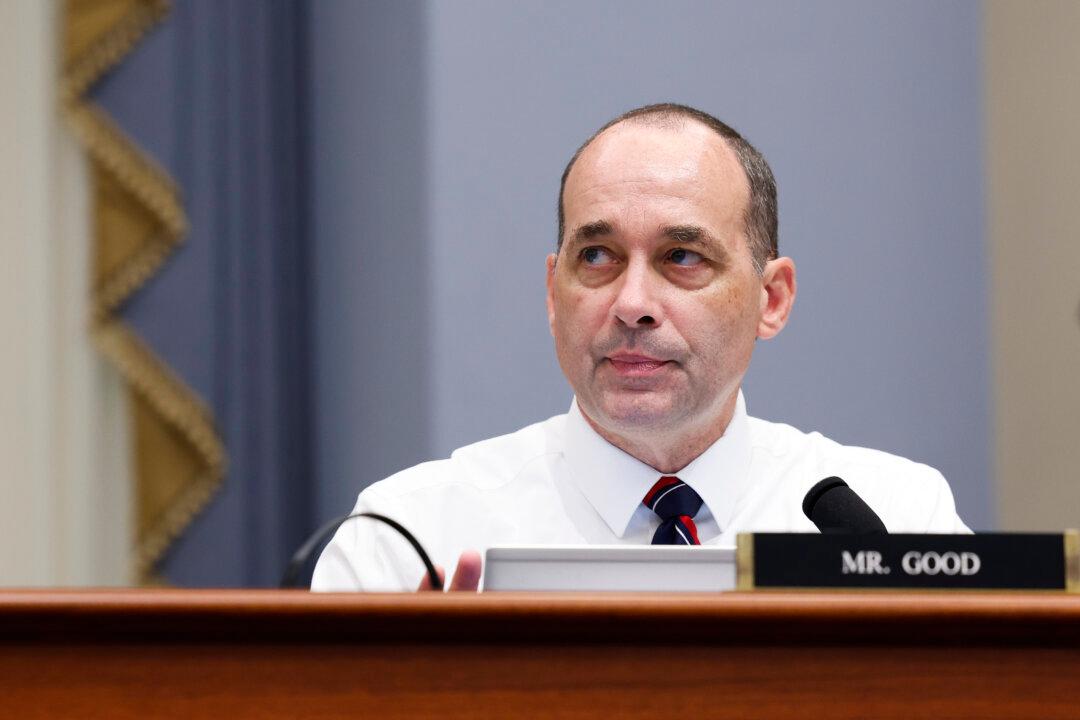Some House Republicans are seeing signs of progress toward a Republican deal on the 2024 budget, with days to go before a potential partial government shutdown.
For weeks, members of the staunchly conservative House Freedom Caucus have been debating with their fellow House Republicans about what conservative priorities they will prioritize in this year’s budget.





